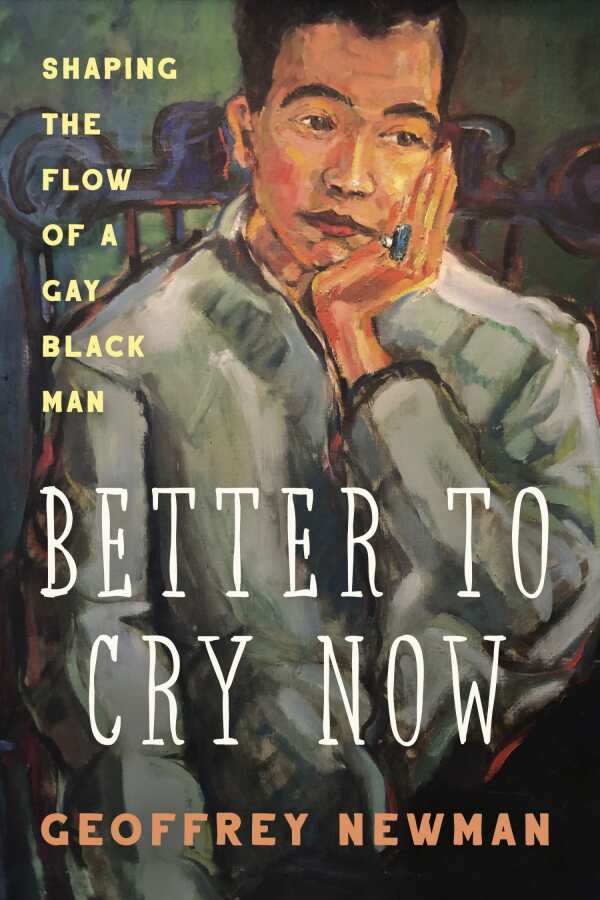Better to Cry Now
Shaping the Flow of a Gay Black Man
Better to Cry Now is a compelling memoir about overcoming adversity and uncovering the complexities of personal identity.
Geoffrey Newman’s memoir Better to Cry Now recounts growing up as a mixed-race child in the United States prior to the civil rights era and becoming a performer, director, and educator.
Adhering to a four-act structure, the book arcs from “Striving” and “Hiding” to “Emerging” and “Belonging.” It begins with Newman recalling the harrowing experience of being one of the first Black children to integrate a white school in Washington, DC. On the first day of class, he says, his French teacher informed the students that neither Black nor Jewish people were capable of learning the language; his parents fought to have him reassigned to an accepting classroom.
Through every challenge, Newman persisted. He became a professional nightclub singer, defied social expectations around sexual orientation, found success as a folk musician “traveling throughout Europe singing songs of peace, freedom, and love,” and pursued a master’s degree in theater directing. He met his life partner, earned accolades as a director, and battled ingrained bigotry and tokenization in higher education when interviewing for provost and university president roles. In time, he settled into his calling as an artistic leader at Montclair State University.
Intimate thoughts are shared as the book peels back layers of Newman’s identity, as when he reveals how he was buoyed by his mother’s quiet exhortation to persevere and to refuse to be dissuaded by adversity: “Better to cry now,” she told him. Her words became manifest in moments of enthusiasm and creative thinking during which he resolved intractable problems, as when he addressed funding issues by hosting a revue of African American music. Crediting his success to a combination of good fortune and unwavering diligence, his book is celebratory.
As Newman’s stories accumulate, the poignant theme of yearning for self-fulfillment becomes clear. However, the internal coherence of each of the four acts is muddled at points, as when the book skips backward in time without warning, repeats information, and drops discussions of important events like the potential of being drafted to fight in the Vietnam War. Still, the book builds to a satisfying account of Newman forging a powerful community at his university and finding belonging.
A memoir dedicated to performing arts education and pushing back on prejudices, Better to Cry Now celebrates a gay Black man’s successes and self-discoveries.
Reviewed by
Willem Marx
Disclosure: This article is not an endorsement, but a review. The publisher of this book provided free copies of the book and paid a small fee to have their book reviewed by a professional reviewer. Foreword Reviews and Clarion Reviews make no guarantee that the publisher will receive a positive review. Foreword Magazine, Inc. is disclosing this in accordance with the Federal Trade Commission’s 16 CFR, Part 255.

